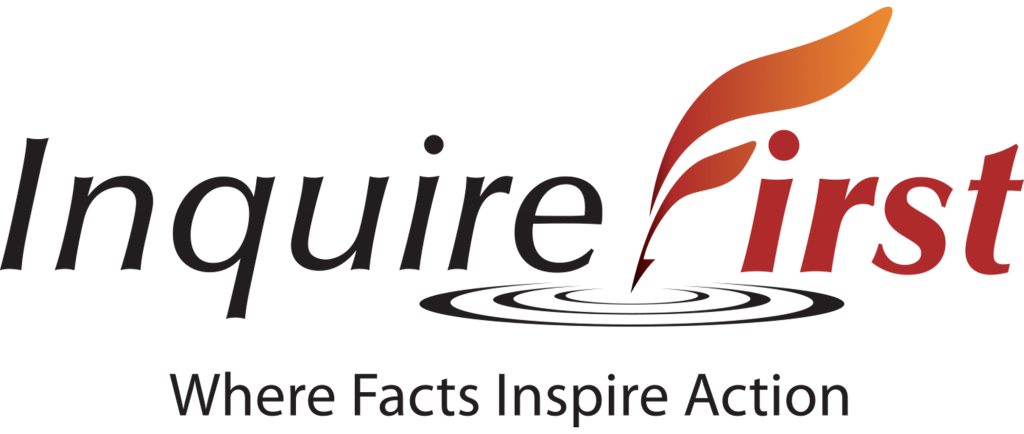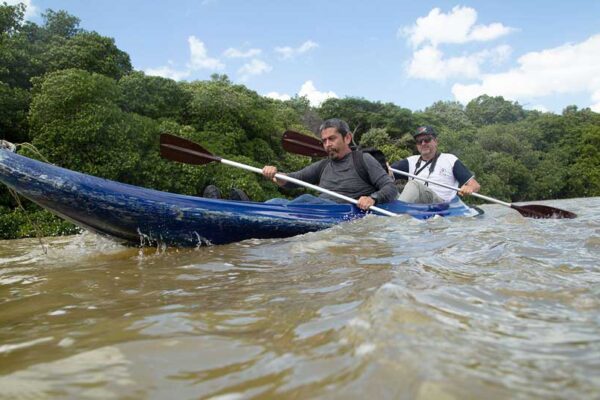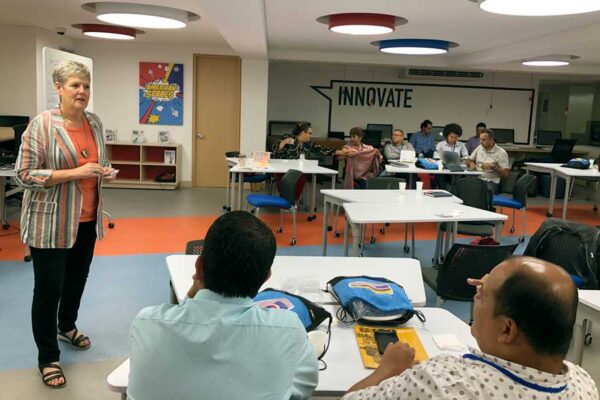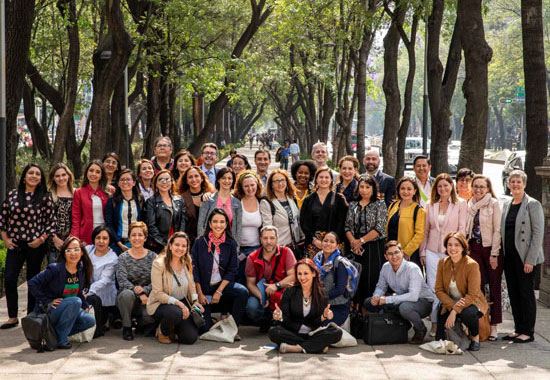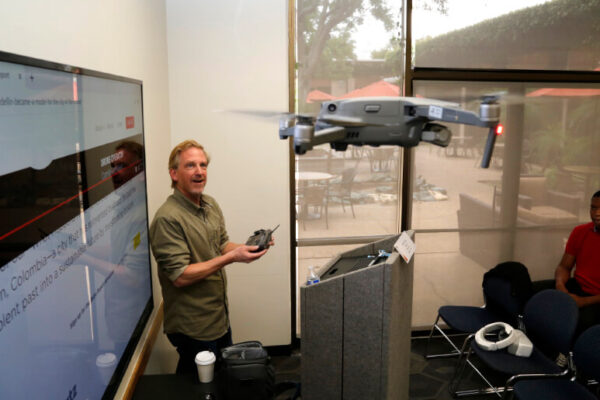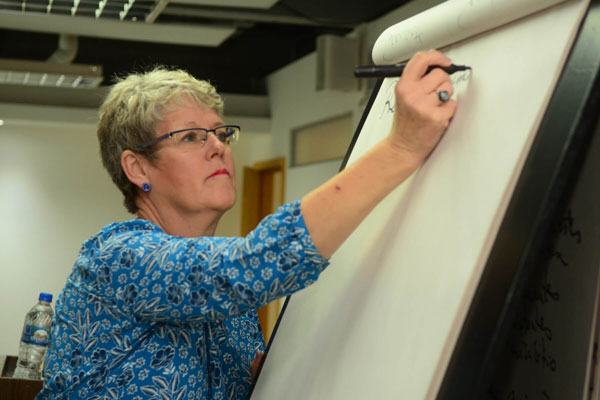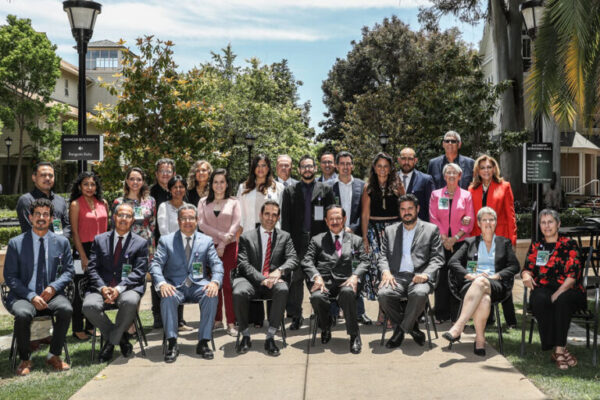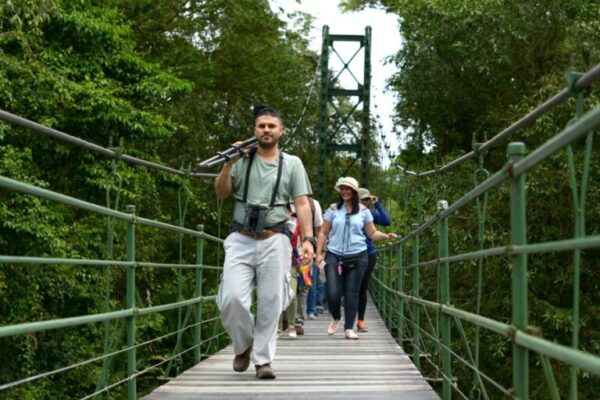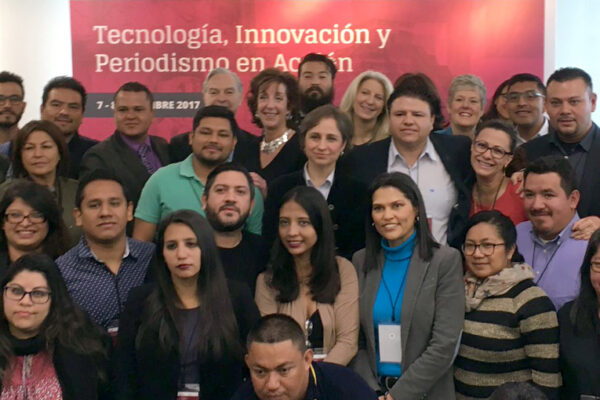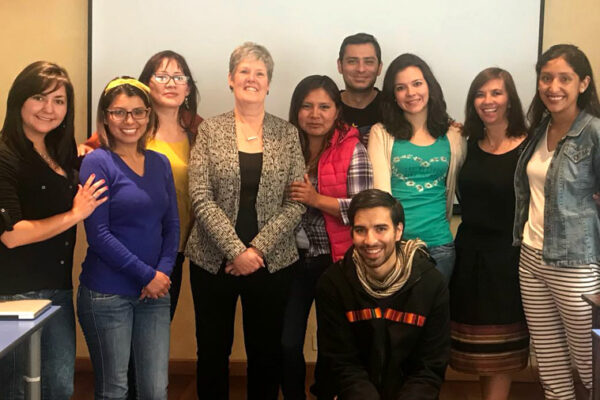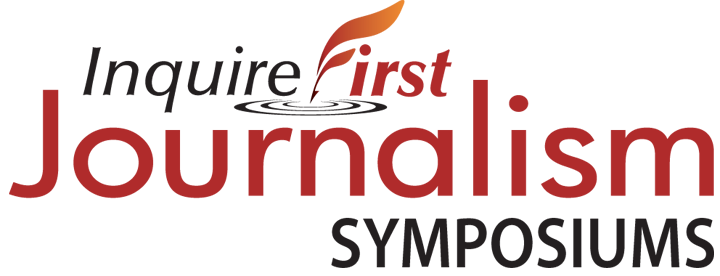
InquireFirst launches Historias Sin Fronteras at World Conference of Science Journalists
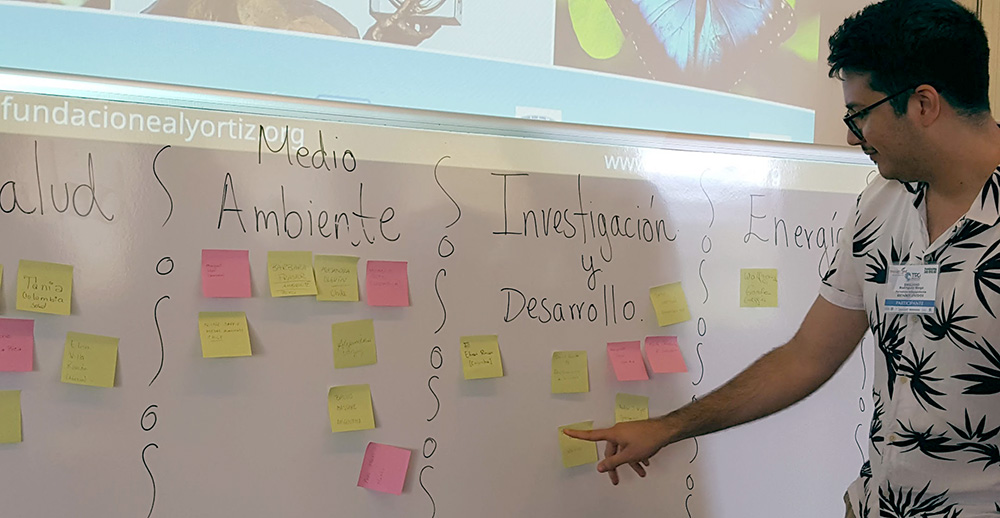
LAUSANNE, Switzerland – We’re pleased to announce that InquireFirst has awarded our first reporting grants to a team of Latin American science writers to support their work on a cross-border regional health story.
The reporters on the team were selected during our Jack F. Ealy Science Journalism Workshop, which was held on July 1 in Lausanne, Switzerland during the 2019 World Conference of Science Journalists (WCSJ2019).
They were chosen by a team of judges who organized and evaluated two-minute lightening rounds of story pitches by 11 groups of Latin American science writers attending the workshop. The judges said the winning proposal was timely, relevant and focused on an underreported health issue in Latin America.
InquireFirst received support for the reporting grants from the Howard Hughes Medical Institute’s Department of Science Education. The project will be published in Tangible (https://bit.ly/2Owojqu), an online science magazine based in Mexico, as well as the online edition of El Universal, the largest daily newspaper in Mexico. Our projected publication date is October 2019, so stay tuned for more information https://inquirefirst.org/ .
Reporting will be conducted in South America, Central America and Mexico. The journalists on the team are:
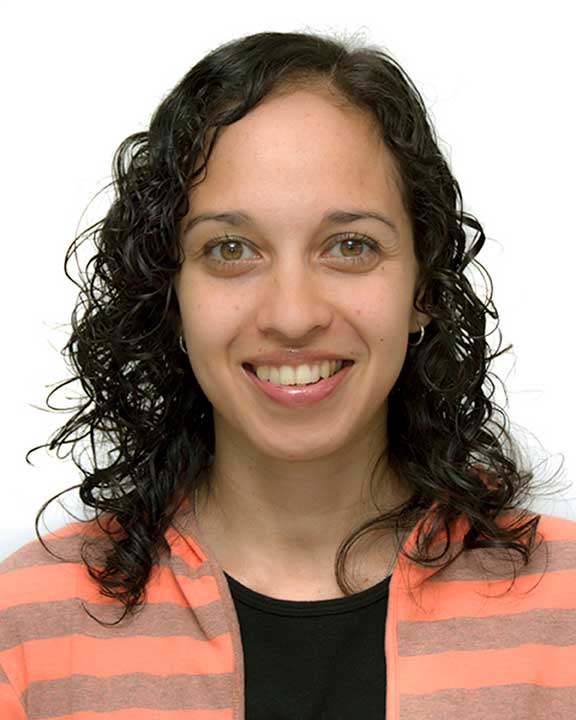
Margaret López, a science and economic reporter based in Venezuela who is the editor of HispanoPost Media Group and a collaborator with SciDev.net.
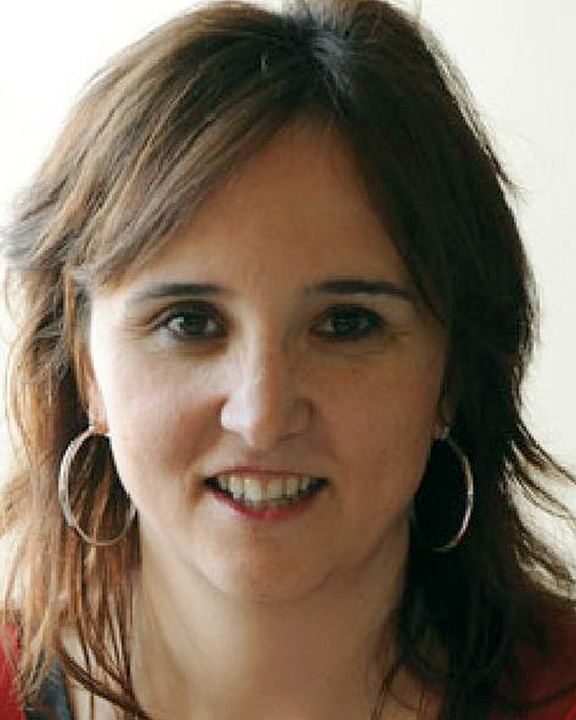
Valeria Román, a freelance science writer based in Argentina who writes about science, health and the environment for
Science, Nature and Scientific American, as well as Infobae.com, SciDev.net and Forbes Argentina.
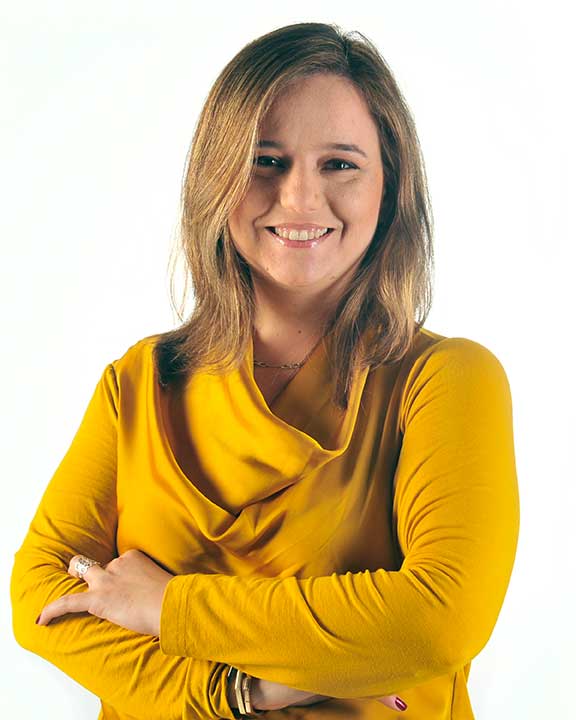
Debbie Ponchner, a science journalist with more than 15 years of experience in print and digital media, as well as newsroom management. She is based in her home country of Costa Rica where she leads DP Comunicación Estratégica, a company devoted to improving the communication of science.
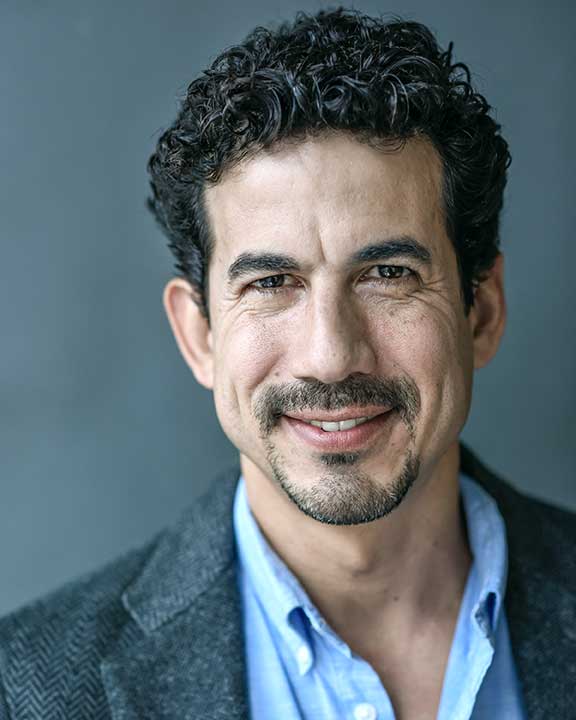
Iván Carrillo, editor of Tangible, will serve as editor of the cross-border health project. He is the anchor of the program Los Observadores on Mexico’s TV Azteca and a writer for National Geographic and Newsweek en Español. He has also worked with Discovery Channel and CNN en Español.
We were thrilled to once again collaborate with Fundación Ealy Ortiz on the 16th annual Latin American edition of the Jack F. Ealy Science Journalism Workshop at the WCSJ2019 in Lausanne.
Some 44 journalists from 16 Latin American countries attended our July 1 workshop, which was held before the WCSJ2019 inaugural ceremony.
InquireFirst was proud to sponsor the participation of two Mexican environmental journalists – Sergio Vicke and Pablo Mares – by providing them with full scholarships to attend the Ealy workshop and WCSJ2019.
Fundación Ealy Ortiz sponsored 12 journalists to attend from Costa Rica, El Salvador, Venezuela, Colombia, Brazil, Peru, Paraguay, Chile and Mexico.
Our day-long workshop featured two interactive sessions on narrative science writing and shaping cross-border science stories – from idea to reality.
We also had a panel discussion on new economic models for online science journalism sites as well as a dynamic exchange on building a regional network of science journalists.
Among our speakers were:
- Deborah Blum, director of the Knight Science Journalism Program at MIT (U.S.)
- Iván Carrillo, editor of Tangible (Mexico)
- Thiago Medaglia, founder of Ambiental (Brazil)
- Diego Arguedas Ortiz, founder of Ojo al Clima (Costa Rica)
- Daniela Hirschfeld, Latin American correspondent with net (Uruguay)
- André Biernath, reporter with Saúde E Vital (Brazil)
- Aleida Rueda, freelance science writer (Mexico)
- Lynne Friedmann, former editor of ScienceWriters (U.S.)
- Rosalind Reid, executive director of the Council for the Advancement of Science Writing (U.S.)
- Carlos Cienfuegos, director of the Faculty of Communication at Universidad Anáhuac (Mexico)
- Germán Fajardo, M.D., president of the Latin American Association of Faculties and Schools of Medicine (Mexico)
